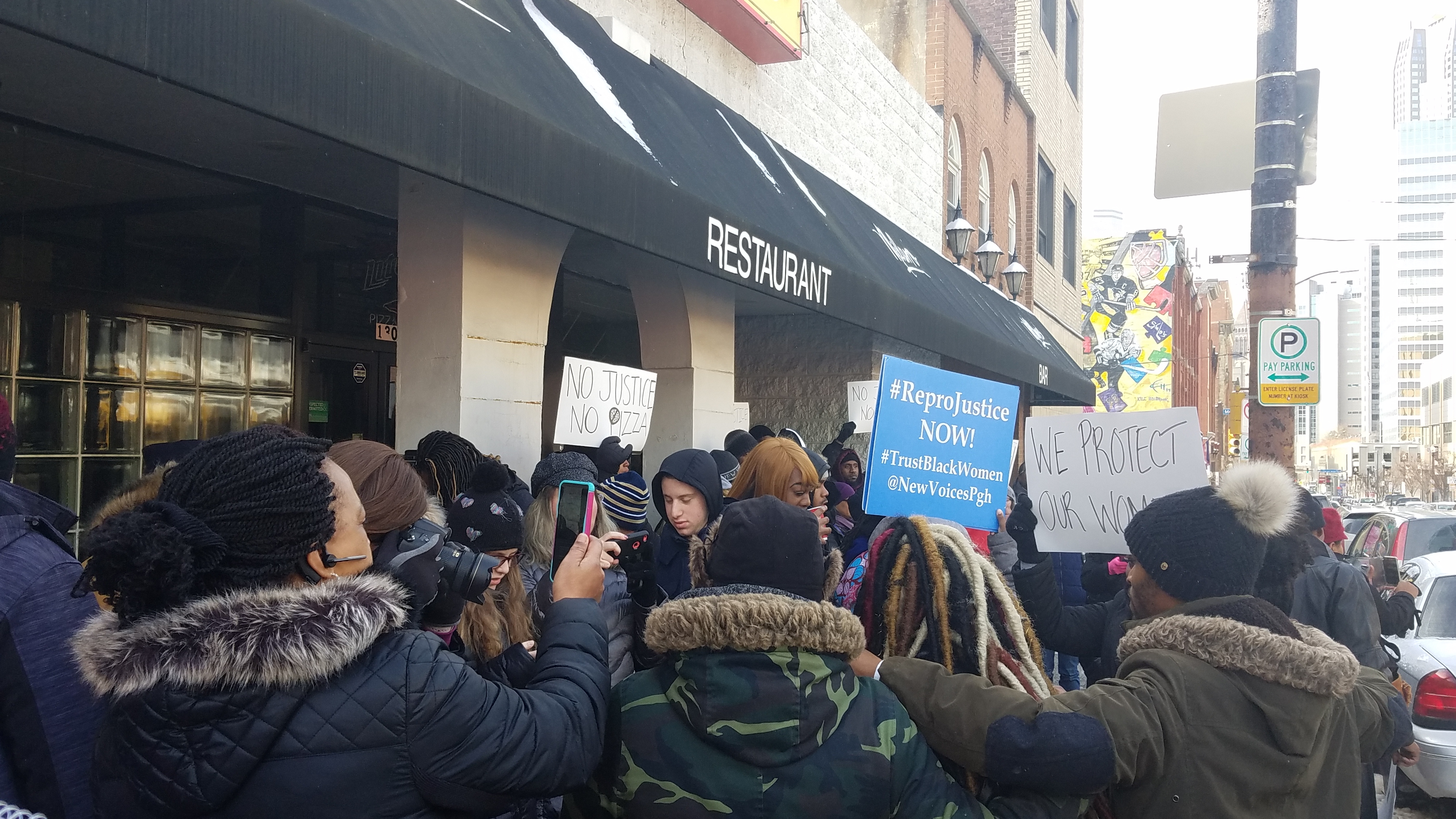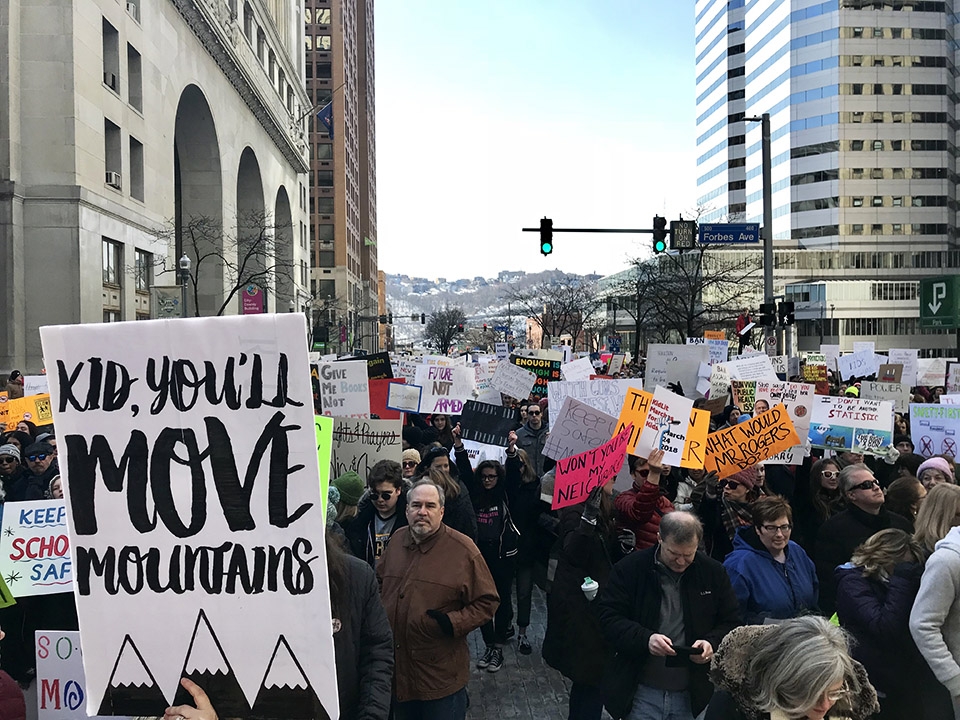
Staff Editorial
April 28, 2022
Last week, a viral video surfaced showing boxing legend Mike Tyson on an airplane hitting a passenger behind him. The reason for Tyson going ballistic was because the passenger threw a water bottle and was harassing him.
With Tyson being a celebrity, it’s not a surprise that this incident got a lot of attention. However, actions like his are not new to the world of cabin crews and frequent flyers.
About 85% of nearly 5,000 U.S. flight attendants said they’ve dealt with a rude passenger in 2021 and 17% of those flight attendants have also been physically attacked. Additionally according to ABC News, since the Federal Aviation Administration started keeping track of airplane violence since 1995, more incidents of airline violence have occurred in 2021 than any other of the 25 years such data has been recorded.
Aggressive behavior is clearly nothing new, but measures to combat, prevent and discipline it are slowly budding into fruition.
The newly introduced “Protection from Abusive Passengers Act,” has been proposed by lawmakers as a measure to protect flight crews and passengers from dangerous and unruly passengers.
Although the Transportation Security Administration (TSA) has rules on the book that state threats, verbal abuse and any form of physical violence will be met with penalties of up to $13,910 in fines, these rules have often been difficult to enforce.
Another problem many industry professionals face is the lack of communication among airlines when it comes to difficult passengers. Under current industry practice, a passenger can be banned by a certain airline only to purchase a ticket and behave poorly on another airline.
Under this new legislation, all airlines operating in the U.S. would begin crafting an industry-wide no-fly list. While this would differ from the Department of Homeland Security’s no-fly list, often brought up in reference to high-stakes criminals, this commercial list would effectively prevent passengers who had assaulted crew members from simply hopping airlines to avoid detection. Once enacted, this list would be managed by TSA.
Given the immense violence and agitation that flight crew members have faced in recent years, the House and Senate should pass this legislation as soon as possible.
However, there is a small room for improvement that would provide further protection for airline workers. The current proposed bill states that passengers convicted of assaulting crew members would be placed on TSA’s new commercial no-fly list. Subsequently, since this is a commercial list, matters of conviction should be left up to the airlines in conjunction with TSA.
Although this will naturally raise concerns about airlines weaponizing these lists to discriminate against certain passengers by race or religion, it’s the first step in protecting the working class of airlines.




